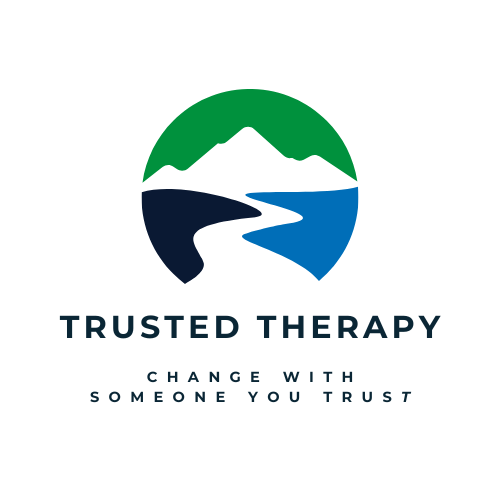What is Emotion Regulation
Emotion regulation is the ability to tolerate intense emotions. When we are able to tolerate intense emotions we are able to effective communicate our feelings, our needs, and our desires. We are able to identify our emotions, observe them, and approach them with curiosity and compassion. This allows to gather the information we need in order to make the best decisions for ourselves.
How Do I Know if I Struggle with Emotion Dysregulation?
Do you struggle to self-soothe or calm down when you become upset? Do you sometimes react to situations in ways that you later regret? Would other people describe you as someone who may quickly become emotional? Do you experience mood swings that are difficult to control? Do you struggle to effectively communicate your needs in your relationships?
What Happens When I Don’t Know How to Calm Myself?
For some people, their emotions can seem so big and out of control that they engage in dangerous behaviors in order to help them manage their feelings. This can look like harming oneself through multiple different means. For example, some people will engage in self- injurious (cutting, biting, pinching, etc) behaviors. Other times this can look like engaging in a compulsive activity (over exercising, restricting/binging on food, gambling, substance use, etc).
How Does Therapy Help?
Therapy can help by teaching us the skills we need to be able to recognize, identify, and observe our emotions. There are multiple therapy modalities that can teach the skills we need to be able to effectively manage our emotions. Some of these are Dialectical Behavior Therapy (DBT), Acceptance Commitment Therapy (ACT), Cognitive Behavioral Therapy (CBT), Internal Family Systems (IFS), and relational/attachment models. These techniques teach skills such as mindfulness, how to get our needs met in relationships, assertive communication, being able to recognize and change our thoughts about situations, approaching our emotions as separate “parts” of ourselves that can be looked at with compassion and curiosity, and identifying our values so that we can make decisions that align with our values. Please reach out if you would like more specific information regarding these treatment modalities.
